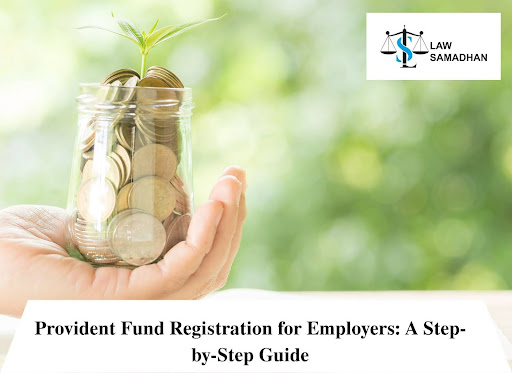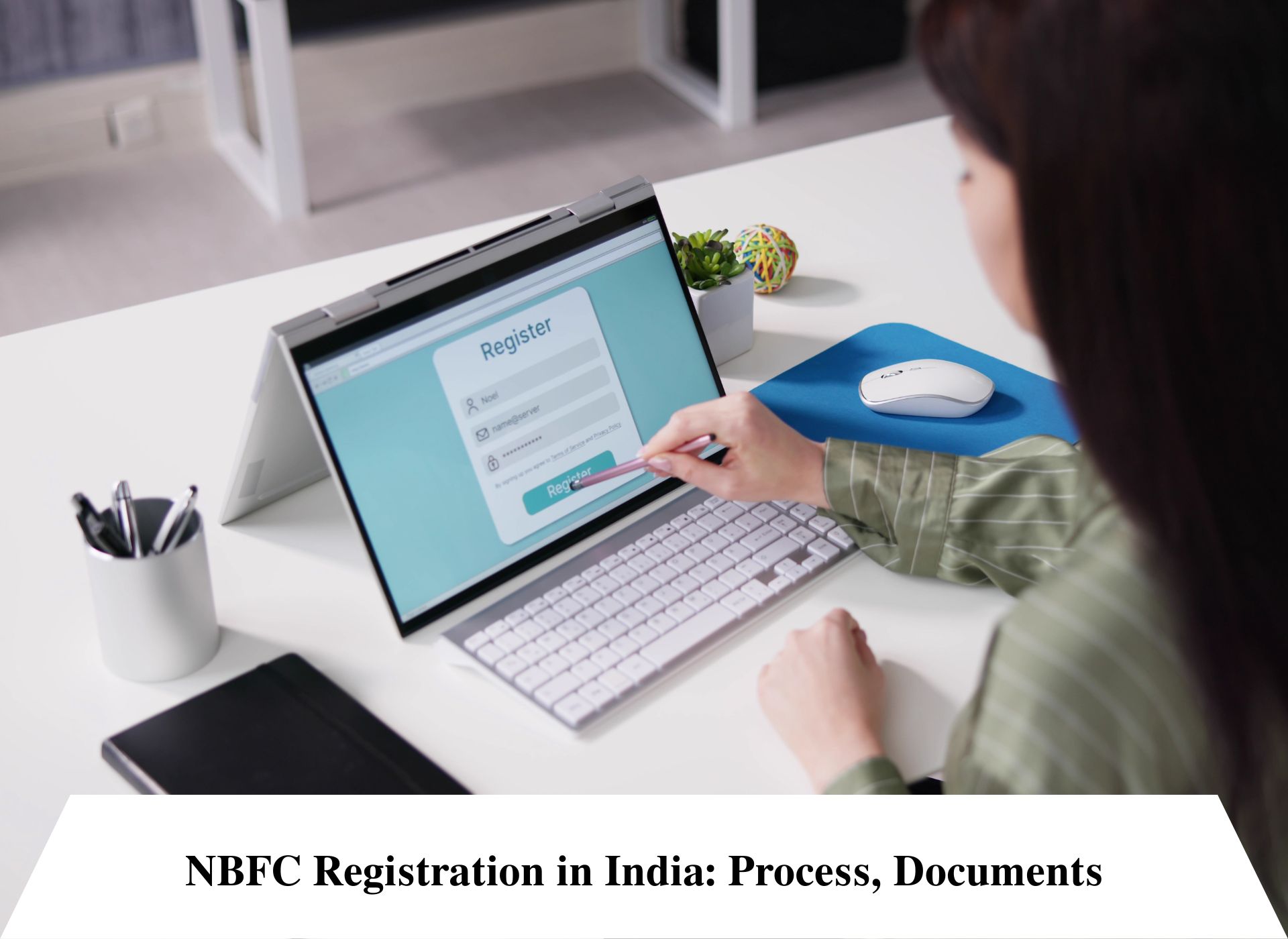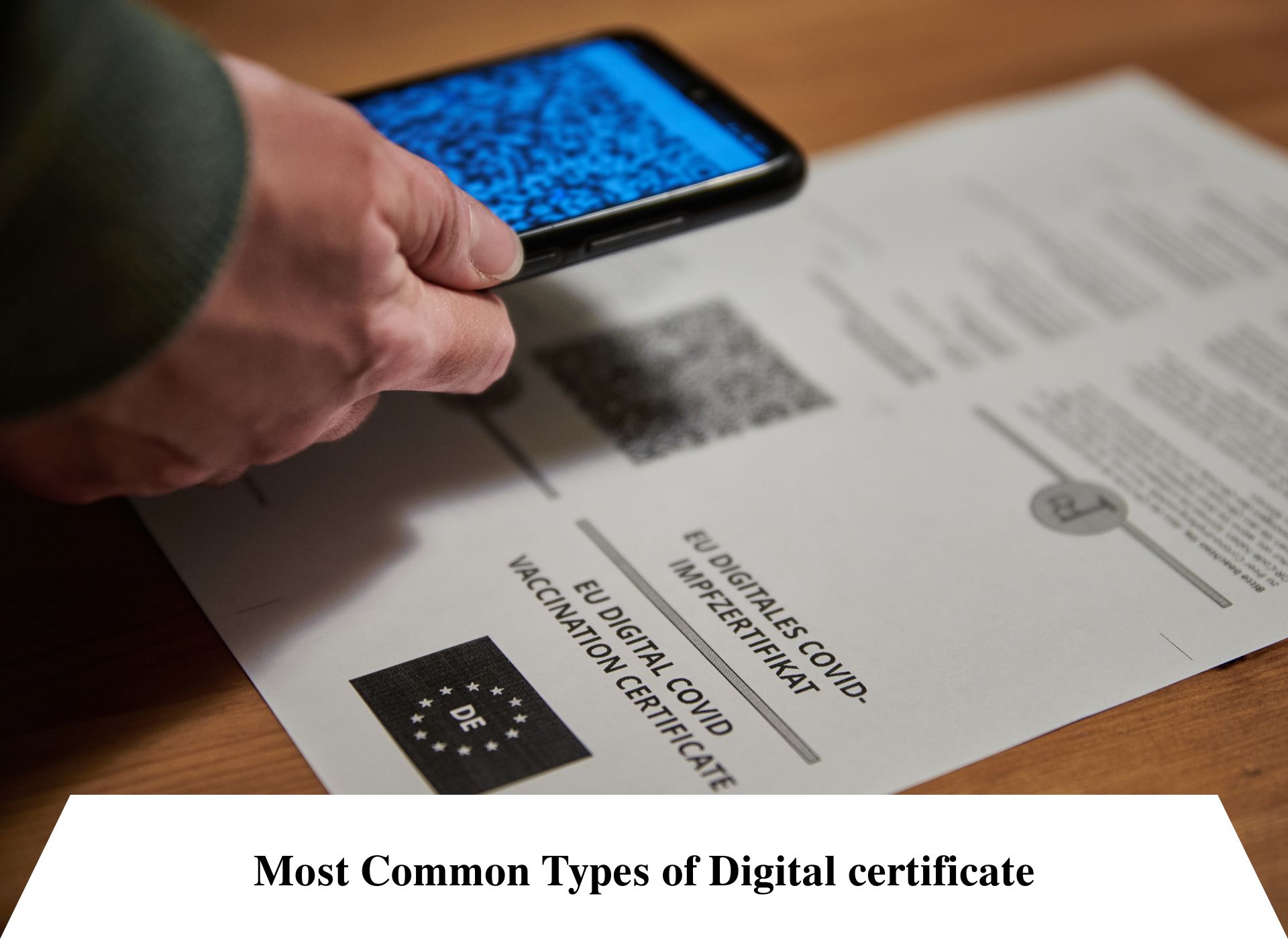As an employer in India, ensuring the well-being of your workforce is paramount. One crucial aspect of this responsibility lies in providing them with social security benefits like the Employees’ Provident Fund (EPF). The EPF scheme helps employees save a portion of their salary for retirement, fostering financial security in their later years.
However, before you can start offering this benefit to your employees, provident fund registration is a necessary step. This blog serves as your comprehensive guide, navigating you through the registration process and ensuring you comply with all regulations.
Understanding the Employer’s Role in EPF
The EPF scheme functions through a tripartite arrangement involving the employer, the employee, and the Employees’ Provident Fund Organisation (EPFO). As an employer, you play a vital role in contributing to your employees’ provident fund:
- Deducting a specific percentage: You are mandated to deduct a fixed percentage (currently 12%) of your employee’s basic salary as their EPF contribution.
- Matching your employee’s contribution: You are also required to contribute an equal amount (12%) towards your employee’s EPF account.
- Timely remittance of contributions: Collected contributions (your and your employee’s share) need to be deposited with the EPFO within the stipulated timeframe.
Who Needs to Register for Provident Fund?
Not all establishments are obligated to register for the EPF scheme. Here’s a breakdown of who needs to register:
- Mandatory Registration: Any organization with 20 or more employees needs to mandatorily register for EPF.
- Voluntary Registration: Even organizations with less than 20 employees can opt for voluntary registration. This can be beneficial for employee morale and attracting skilled personnel.
Decoding the Registration Process: A Step-by-Step Guide
Ready to register your organization for Provident Fund? Let’s break down the process into simple steps:
- Gather Necessary Documents:
- Company registration documents (Certificate of Incorporation, Partnership Deed, etc.)
- PAN Card of the company
- Address proof of the company
- Bank account details (canceled cheque or bank statement)
- Details of directors/partners/proprietor
- Details of all employees (name, PAN, date of joining, etc.)
- Choose Your Registration Method:
The EPFO offers two convenient registration methods:
- Online Registration: Visit the Unified Shram Suvidha Portal (https://registration.shramsuvidha.gov.in/) and register your organization electronically.
- Offline Registration: Download the registration form from the EPFO website (https://www.epfindia.gov.in/) and submit it physically at the nearest EPFO office.
- Online Registration Walkthrough:
Here’s a quick guide to online registration:
- Visit the Unified Shram Suvidha Portal (https://registration.shramsuvidha.gov.in/).
- Click on “Establishment Registration.”
- Enter your organization’s details and upload the required documents.
- Verify your application using a One Time Password (OTP) sent to your registered mobile number and email address.
- Upon successful verification, you’ll receive a provisional PF registration number.
- Offline Registration Walkthrough:
For offline registration, follow these steps:
- Download the EPF registration form from the EPFO website.
- Fill out the form accurately, including all required details.
- Attach the necessary documents as mentioned earlier.
- Submit the completed form and documents at your nearest EPFO office.
- Upon successful processing, you’ll receive a registration certificate along with your PF registration number.
Remember: Seeking assistance from experienced legal service providers in India can streamline the registration process and ensure all formalities are met.
- Post-Registration Actions:
Once you receive your PF registration number, you’ll need to:
- Activate your EPFO employer portal: Use your registration number to activate your employer account on the EPFO portal. This allows you to manage employee accounts, upload salary data, and deposit contributions electronically.
- Register your Employees: Guide your employees to register for a Universal Account Number (UAN) if they haven’t already. The UAN is a unique identification number for each employee that remains constant throughout their employment journey.
- Start Depositing Contributions: Timely deposit both your and your employees’ EPF contributions to the EPFO account.
Partnering for Success: How Law Samadhan Can Assist You
Navigating the legalities of Provident Fund registration and ongoing compliance can seem complex. At Law Samadhan, we understand the importance of employee well-being and ensuring legal compliance. Our team of legal professionals offers comprehensive services designed to support employers with EPF matters:
- Registration Assistance: We guide you through the entire registration process, ensuring all requirements are met and your application is processed smoothly.
- Compliance Management: We assist you in developing robust procedures to ensure timely remittance of contributions and filing of returns.
- Expert Legal Advice: We provide tailored advice on handling EPF-related issues, disputes, or clarifications you may encounter.
- Ongoing Support: We are your trusted partner, offering ongoing support and guidance as your organization evolves and your EPF needs change.
Contact Law Samadhan today and discover how we can help you seamlessly integrate Provident Fund management into your HR practices, fostering a secure and positive work environment for your employees.
Together, let’s build a future where employee well-being and legal compliance go hand in hand.





